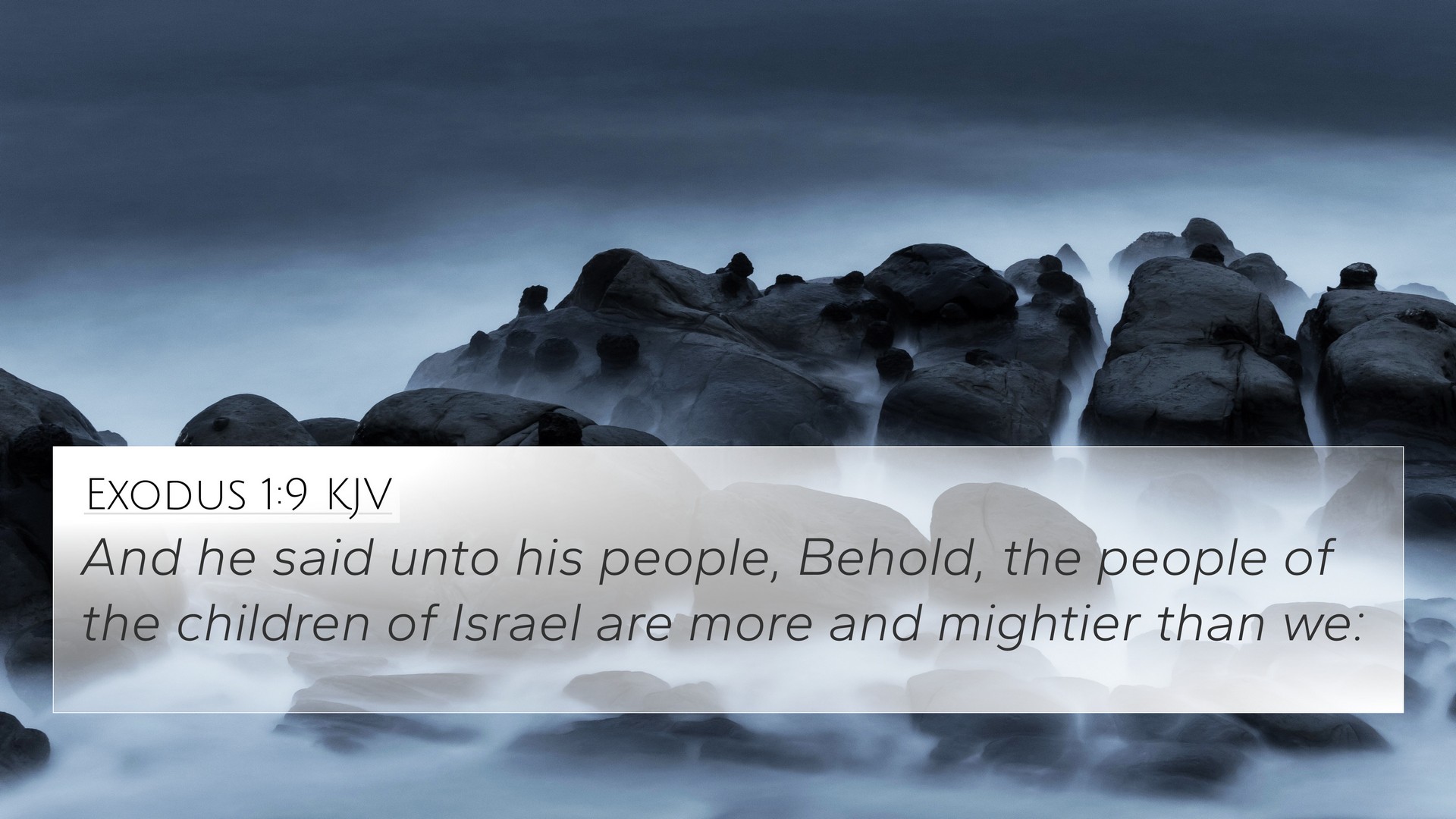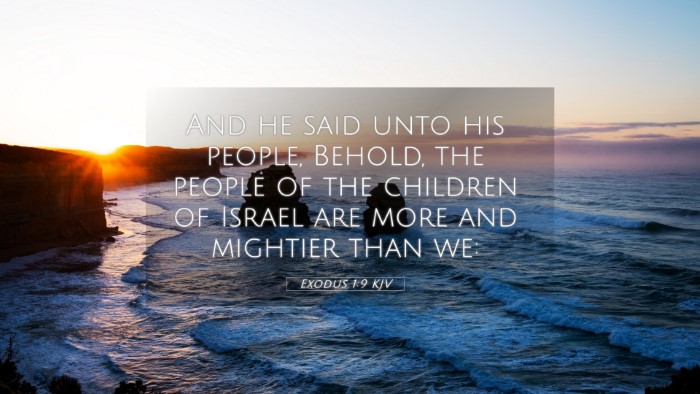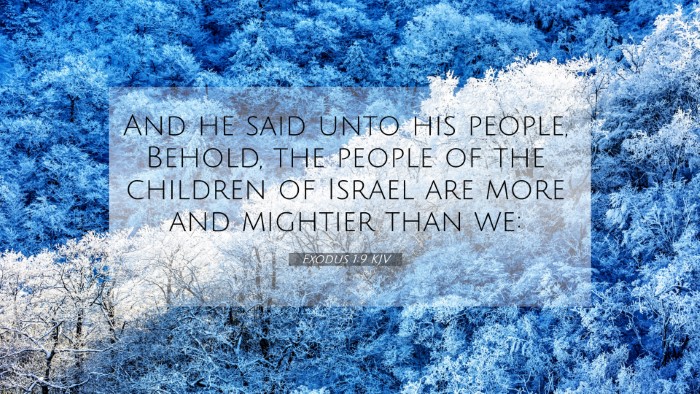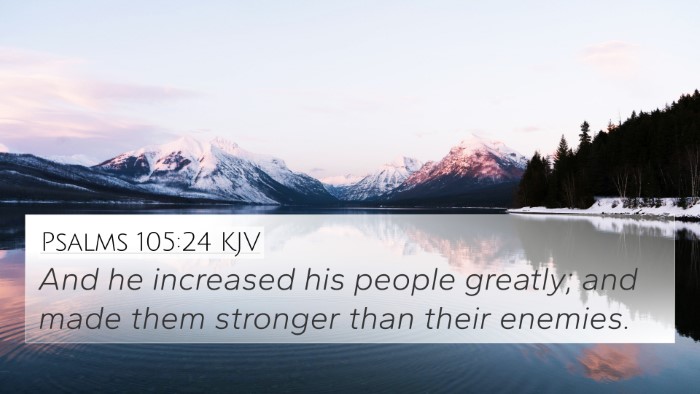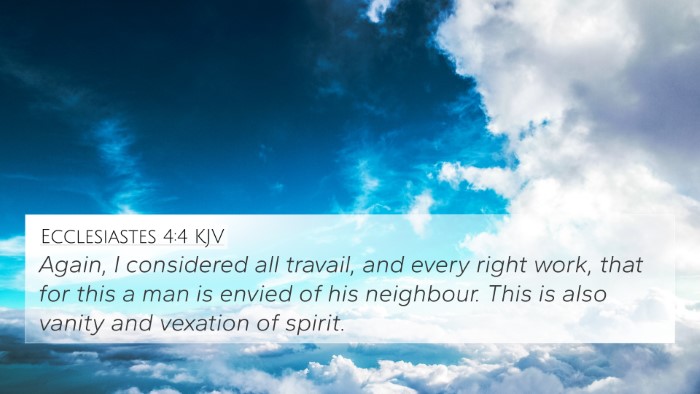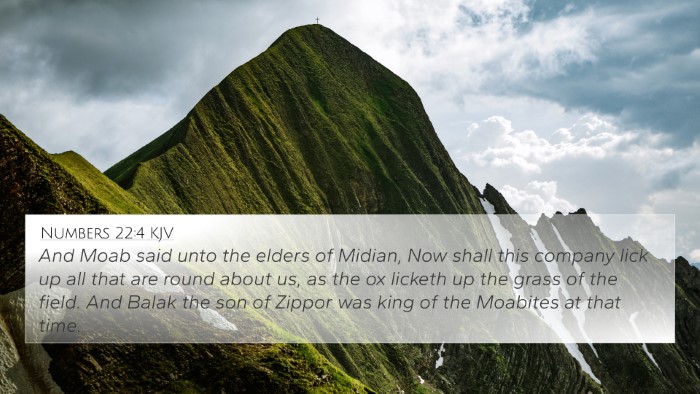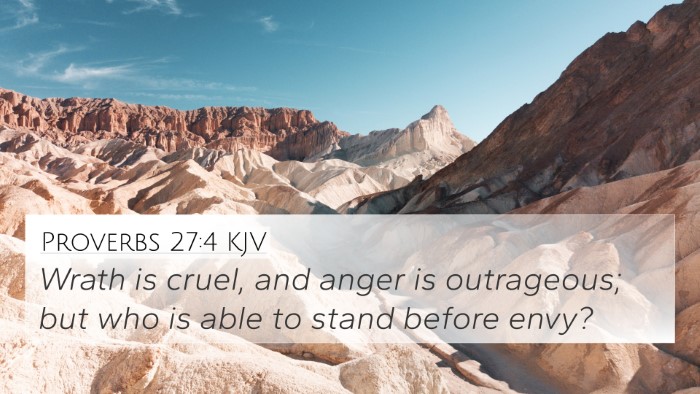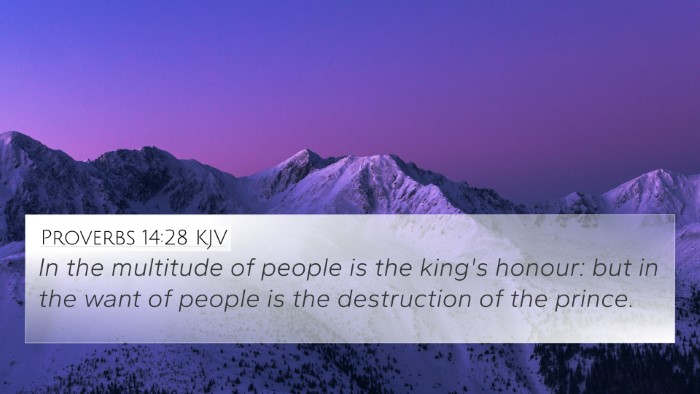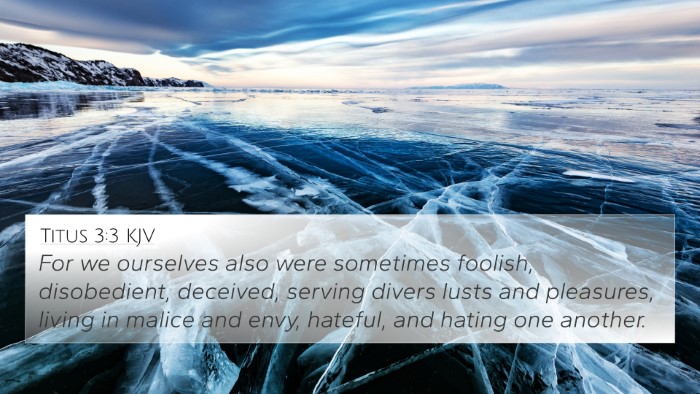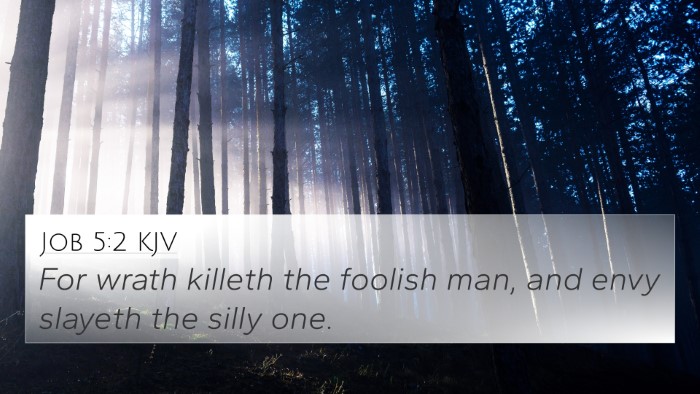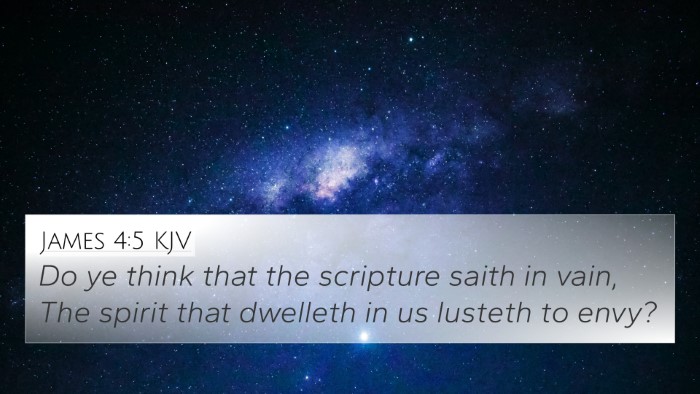Understanding Exodus 1:9
Exodus 1:9 states: "And he said unto his people, Behold, the people of the children of Israel are more and mightier than we."
This verse captures a pivotal moment in the history of Israel's sojourn in Egypt. The pharaoh, alarmed by the burgeoning population of the Israelites, recognizes their strength and numbers as a potential threat to his rule.
Summary of the Verse
The verse presents a clear indication of the growing tension between the Egyptians and the Israelites. Pharaoh is apprehensive about the Israelites' increasing strength and numbers, which he believes could lead to an uprising or a collaboration with Egypt's enemies.
Commentary Insights
Matthew Henry's Commentary
Henry emphasizes the fear of the Egyptians as they witness the rapid multiplication of the Israelites. This fear leads Pharaoh to take drastic measures to control this population, showcasing the theme of oppression and the struggles faced by the Israelites.
Albert Barnes' Commentary
Barnes explains that the Egyptians' reaction to the Israelites' numbers reflects a natural human tendency to fear those who are numerous and strong. He points out that Pharaoh acknowledges the Israelites as not only numerous but also "mightier," hinting at the divine favor they enjoy amidst their oppression.
Adam Clarke's Commentary
Clarke highlights the notion that Pharaoh’s declaration reveals an awareness of God's hand in augmenting the Israelites’ population. It serves as a foreshadowing of the impending deliverance that God would provide, as the Israelites would eventually triumph over their oppressors.
Thematic Connections
The concerns expressed by Pharaoh lead to several thematic connections within Scripture, particularly focusing on oppression, divine providence, and the eventual deliverance of the Israelites. Below are some key themes associated with this verse:
- Oppression of God's People: Exodus 1:9 serves as a prelude to the suffering the Israelites would endure, marking the beginning of their oppression.
- Divine Favor: The acknowledgment of the Israelites' might hints at God's protection and favor upon them, themes elaborated in subsequent chapters.
- Fear of Rebellion: Pharaoh's fear reflects a common theme in scriptures where leaders fear the uprising of those they oppress, leading to unjust responses.
Cross-Referencing Bible Texts
This verse can be cross-referenced with several other Biblical texts, enrichening the understanding of the themes and context:
- Genesis 46:3-4: God reassures Jacob about the future of his descendants in Egypt.
- Exodus 1:8: The transition from Joseph's favorable status to the oppression of his descendants.
- Exodus 2:23-25: The Israelites cry out to God, and He remembers His covenant with their forefathers.
- Psalm 105:24-25: This passage reflects on God's blessing upon the Israelites as they multiplied greatly.
- Acts 7:19: Stephen references the oppression faced by the Israelites under Pharaoh.
- Romans 8:31-32: These verses speak to God's support for His people against adversaries.
- Hebrews 11:23: The faith of Moses' parents in the face of oppression links back to their people's plight.
Exploring Connections Between Bible Verses
The significance of cross-referencing Bible verses cannot be overstated. By examining scripture in tandem, one can uncover layers of meaning and thematic continuity that might not be evident in isolation. Here are some tools and concepts that assist in this process:
- Bible Concordance: A helpful tool for locating specific themes, words, or phrases across various passages.
- Bible Cross-Reference Guide: This guide provides structured connections between scripture, benefiting both personal study and sermon preparation.
- Cross-Referencing Bible Study: Techniques to correlate various verses and discover inter-Biblical dialogue to enhance understanding.
Conclusion
Exodus 1:9 not only highlights the plight of the Israelites but also sets off a chain of events leading to their deliverance from slavery in Egypt. Through a careful analysis of cross-referenced passages, one can attain a richer understanding of both the historical context and the theological implications at work in the story of God's people. Important themes such as oppression, divine providence, and human fear are pertinent throughout the scriptures, reminding believers of God's ongoing narrative in the history of His people.
